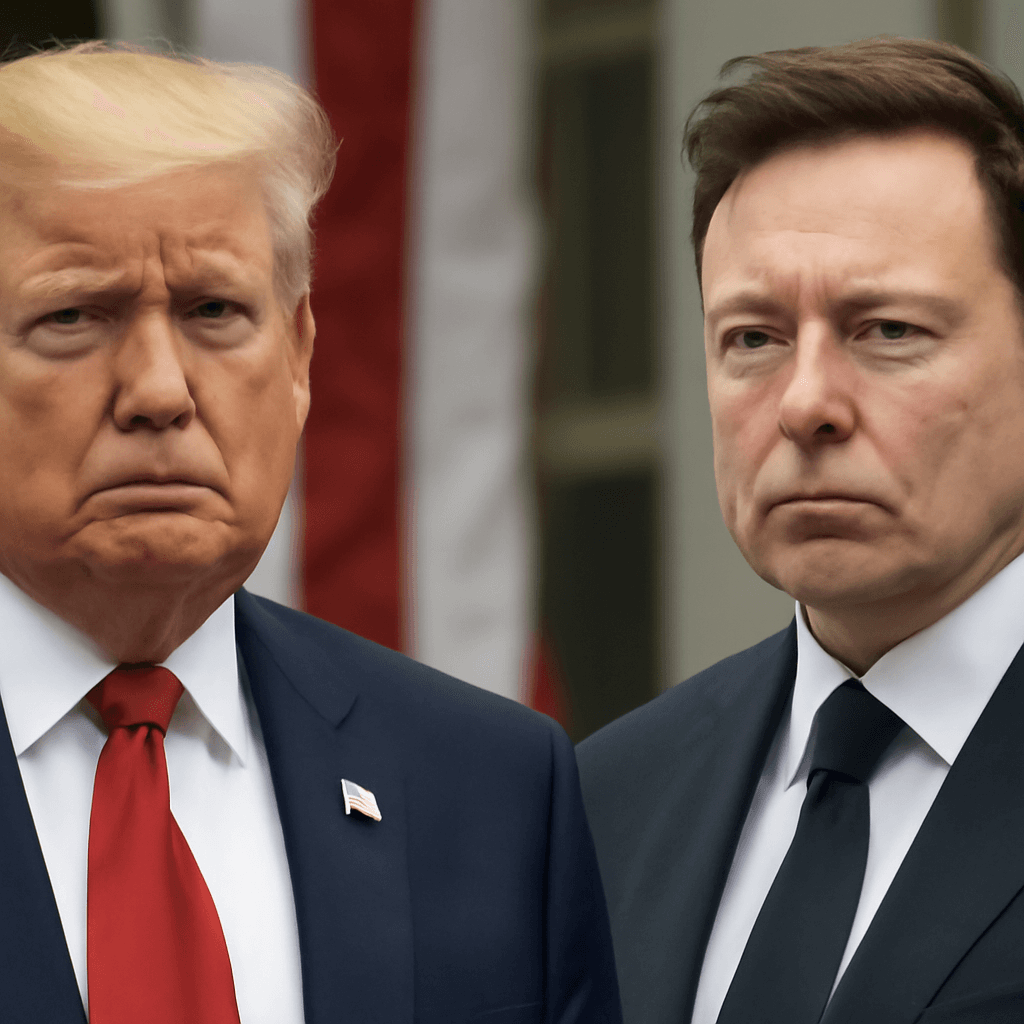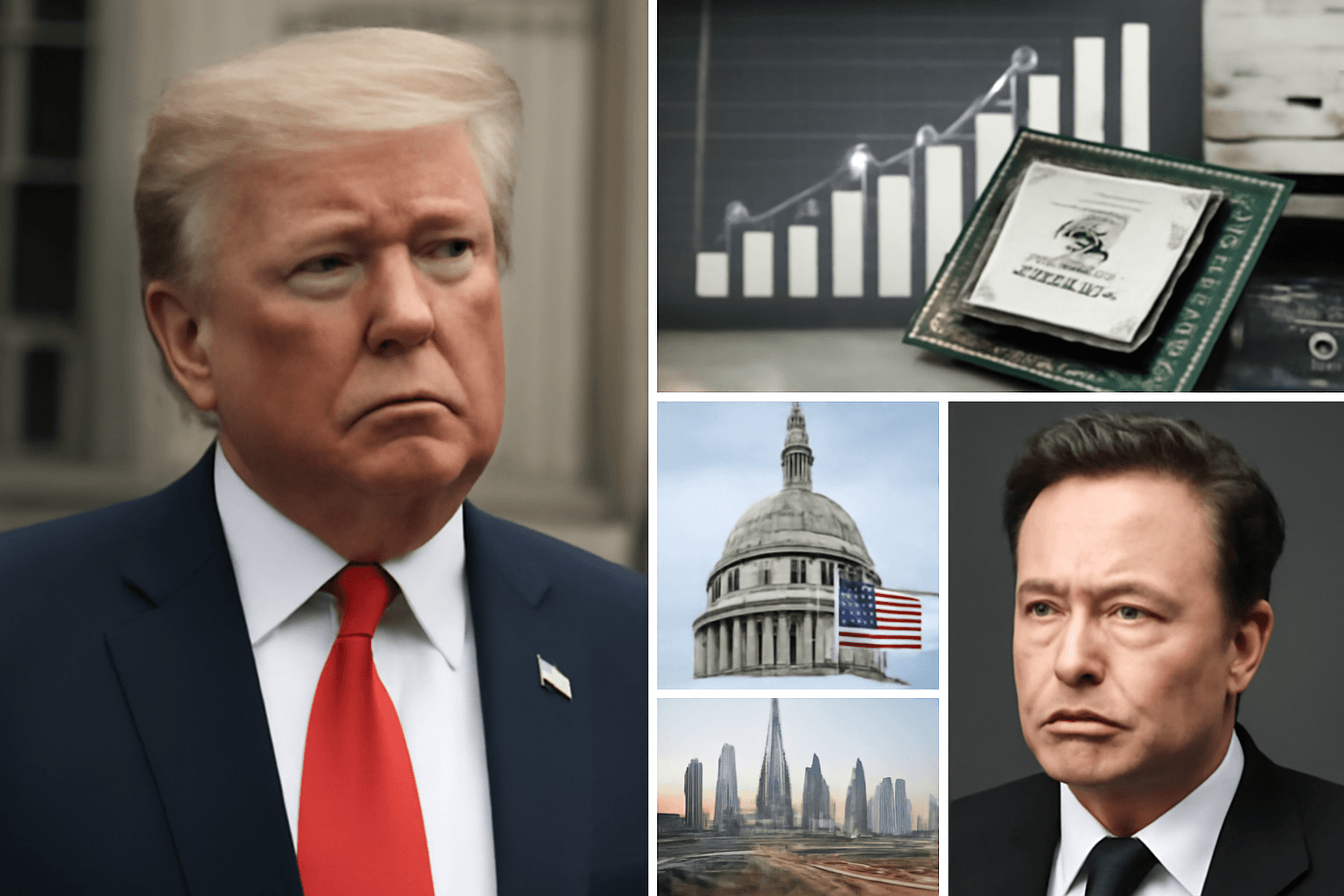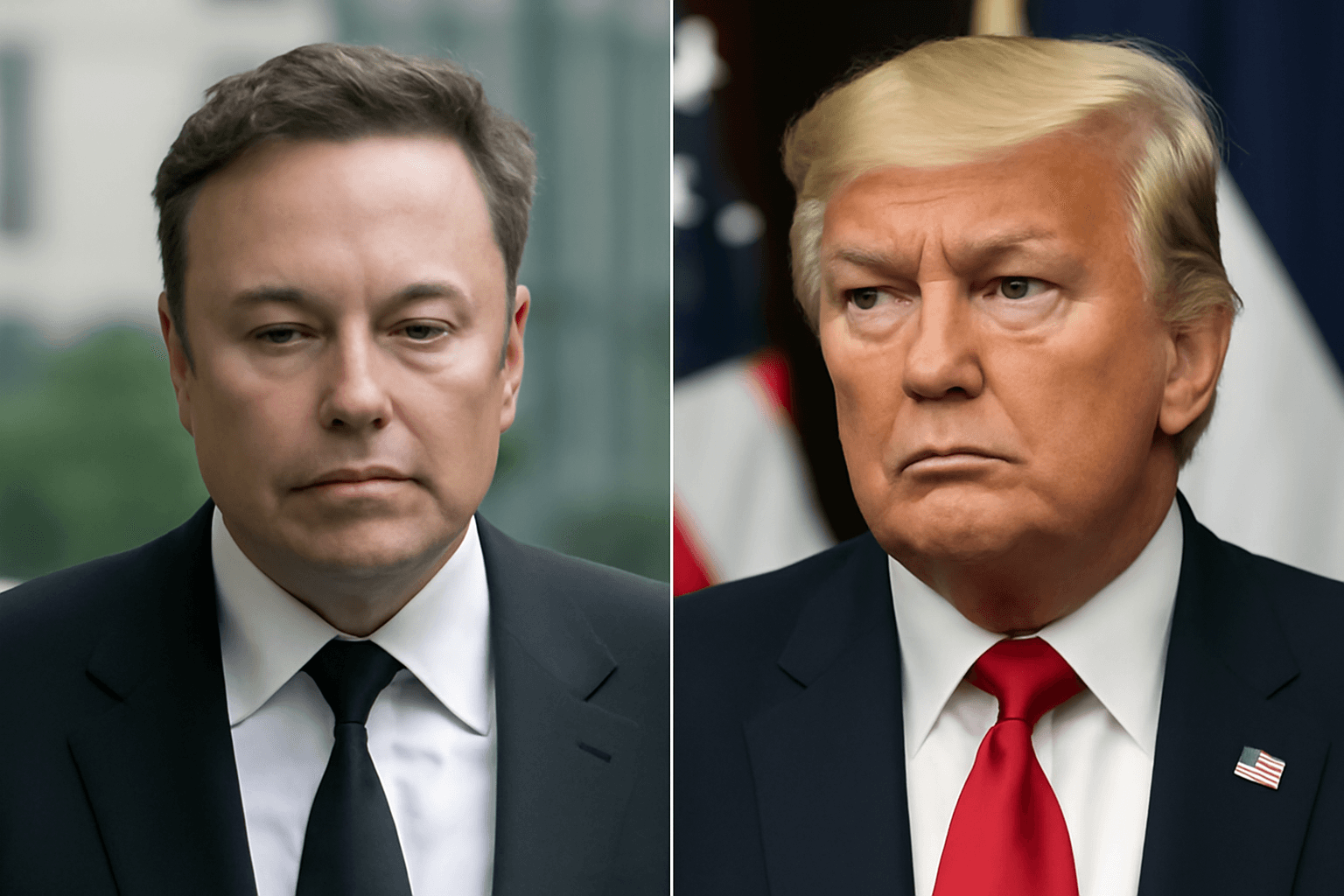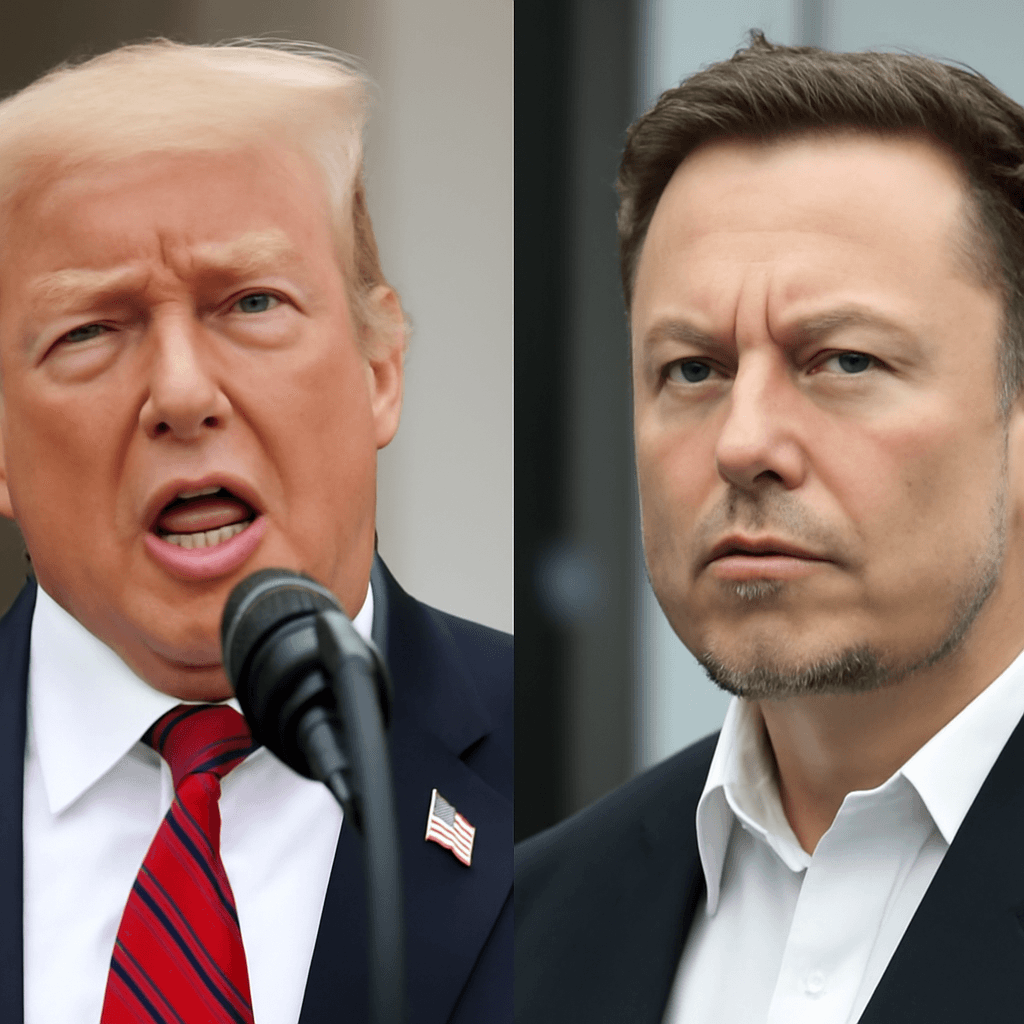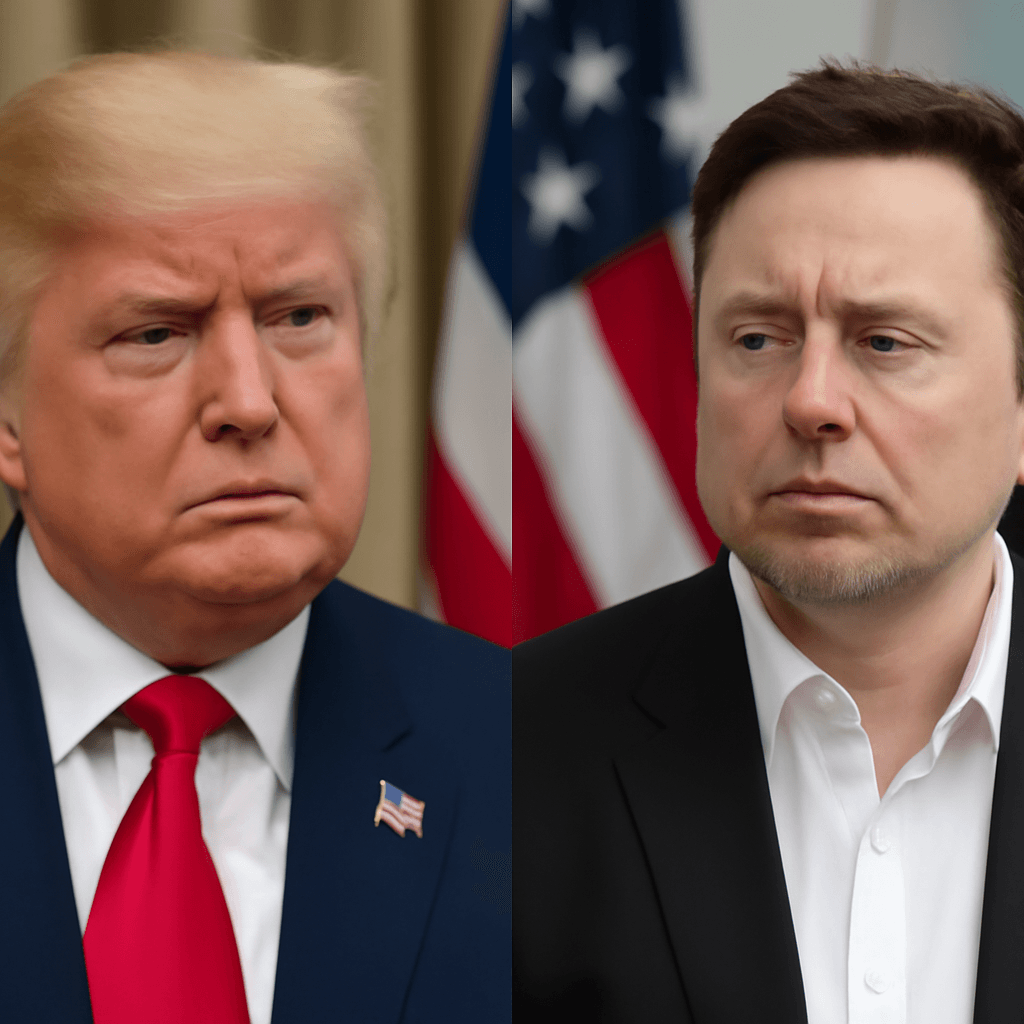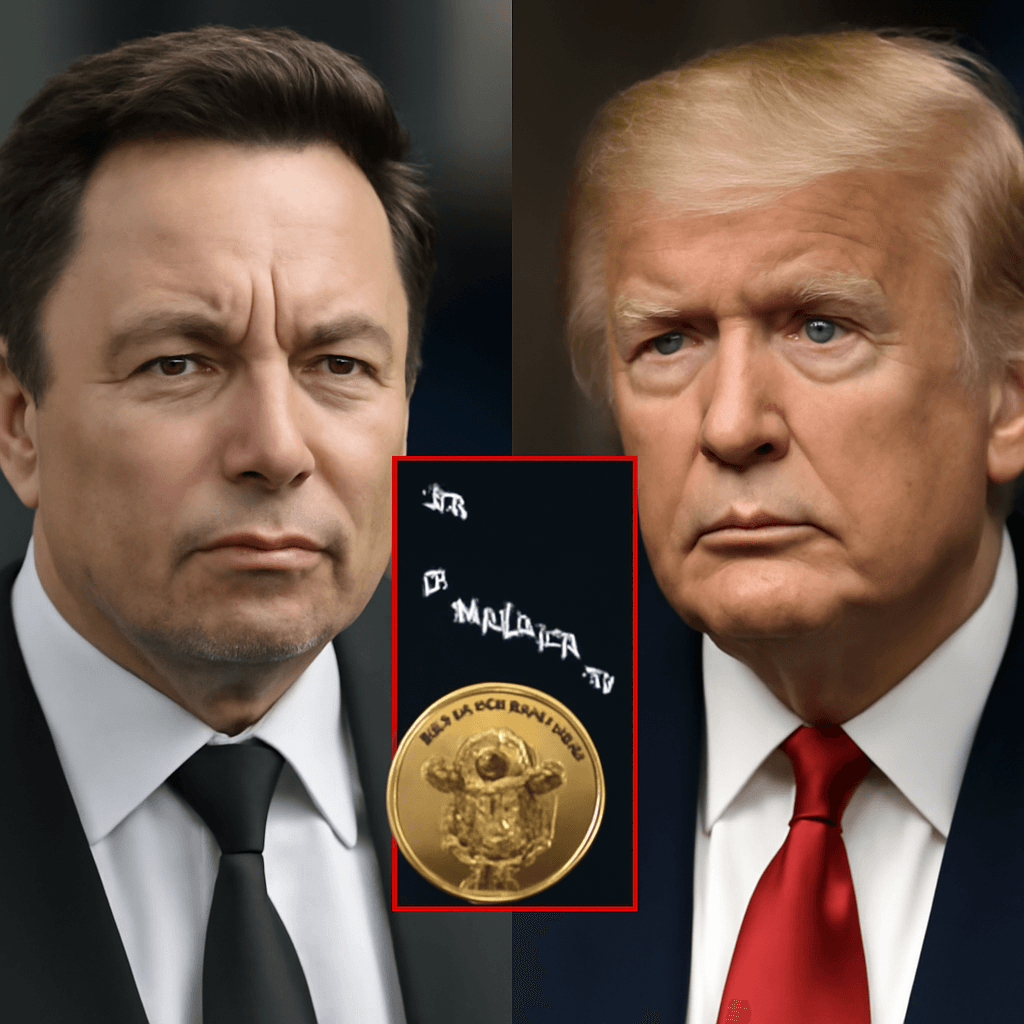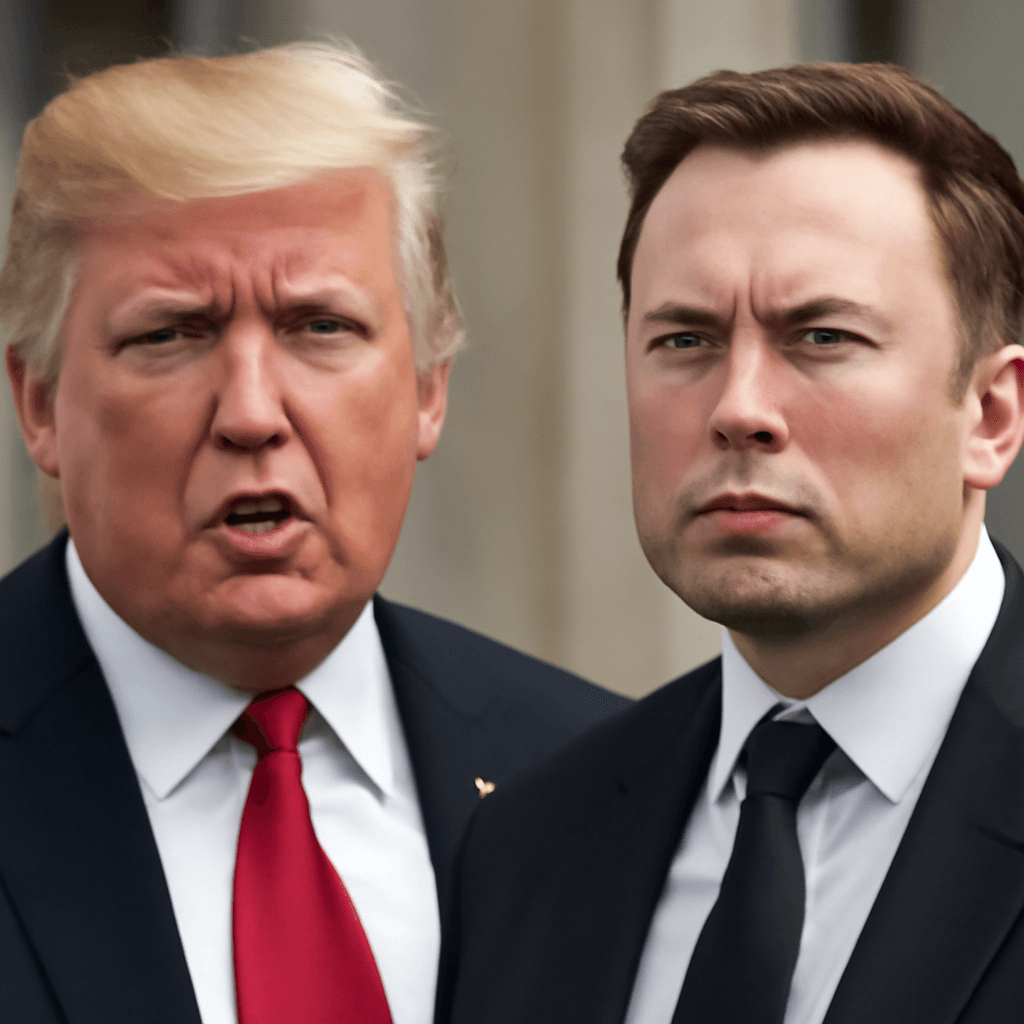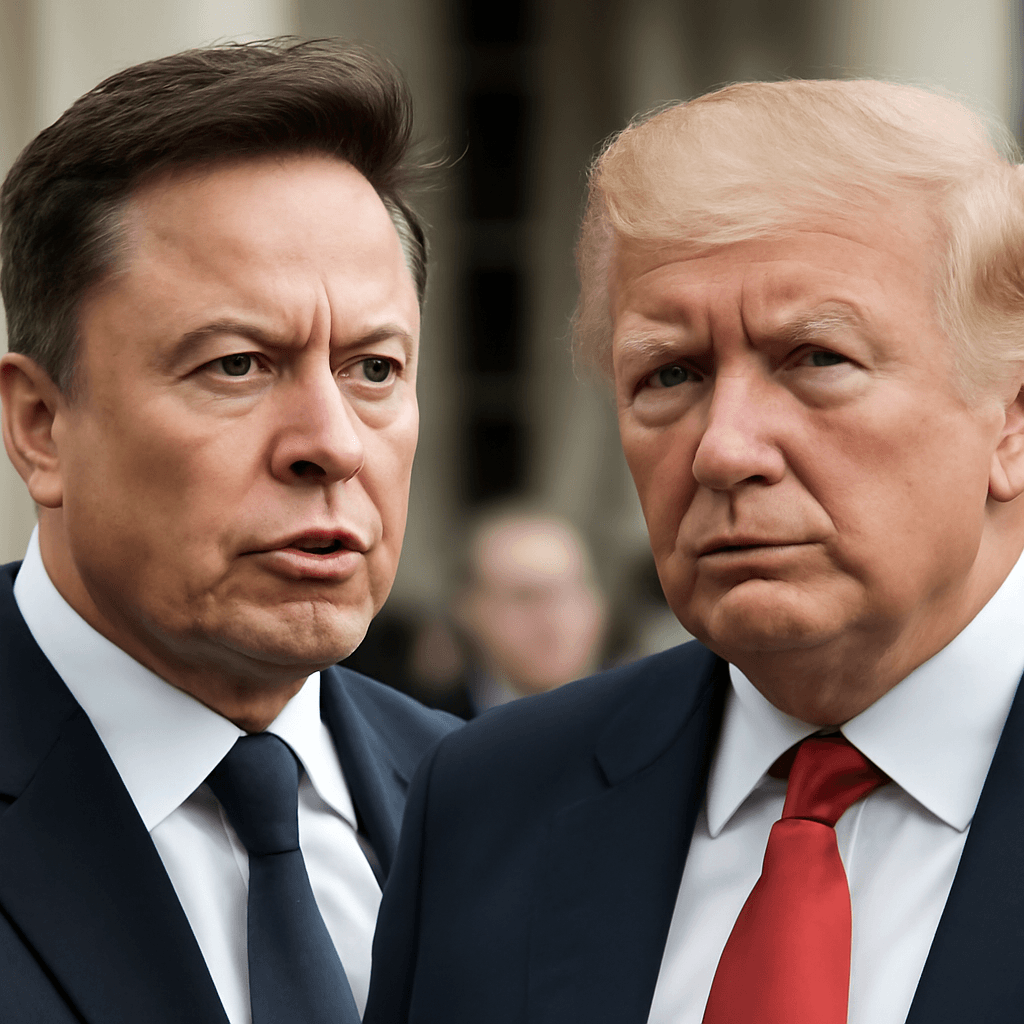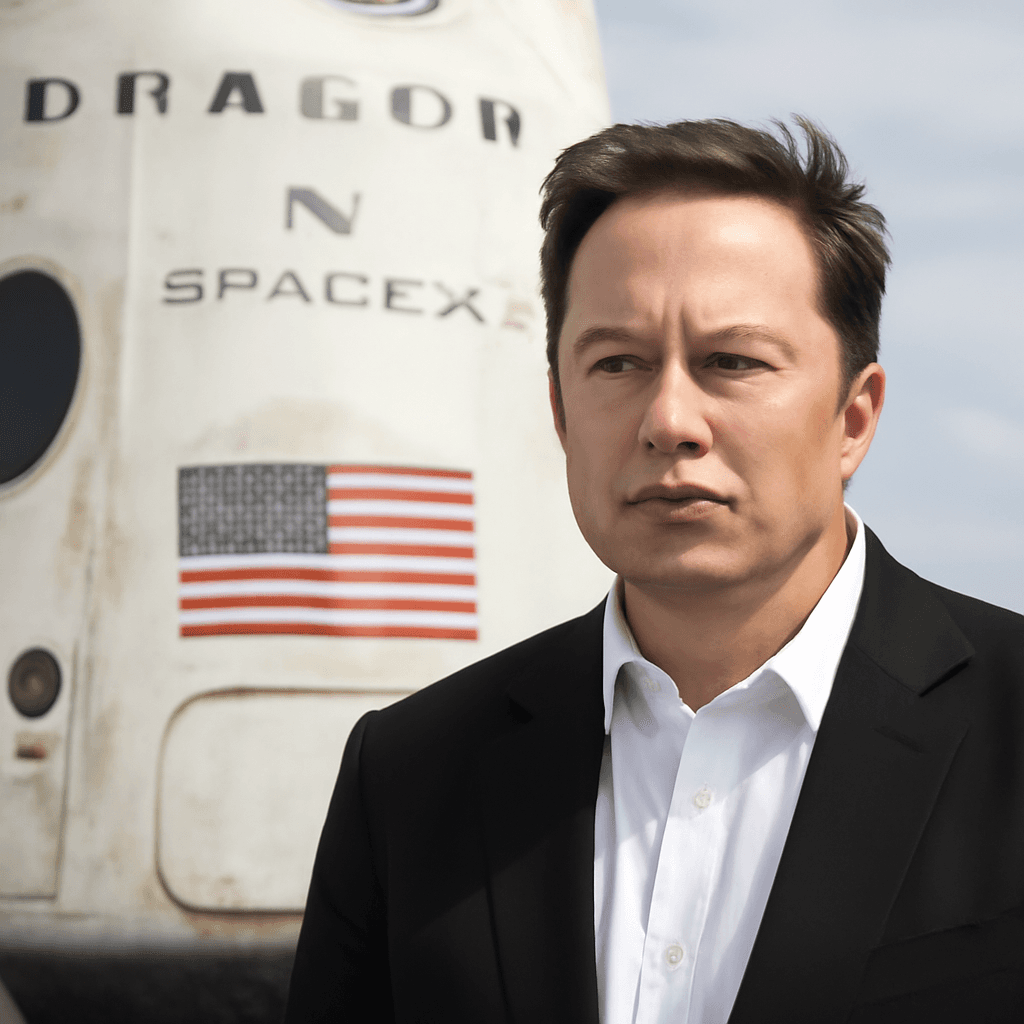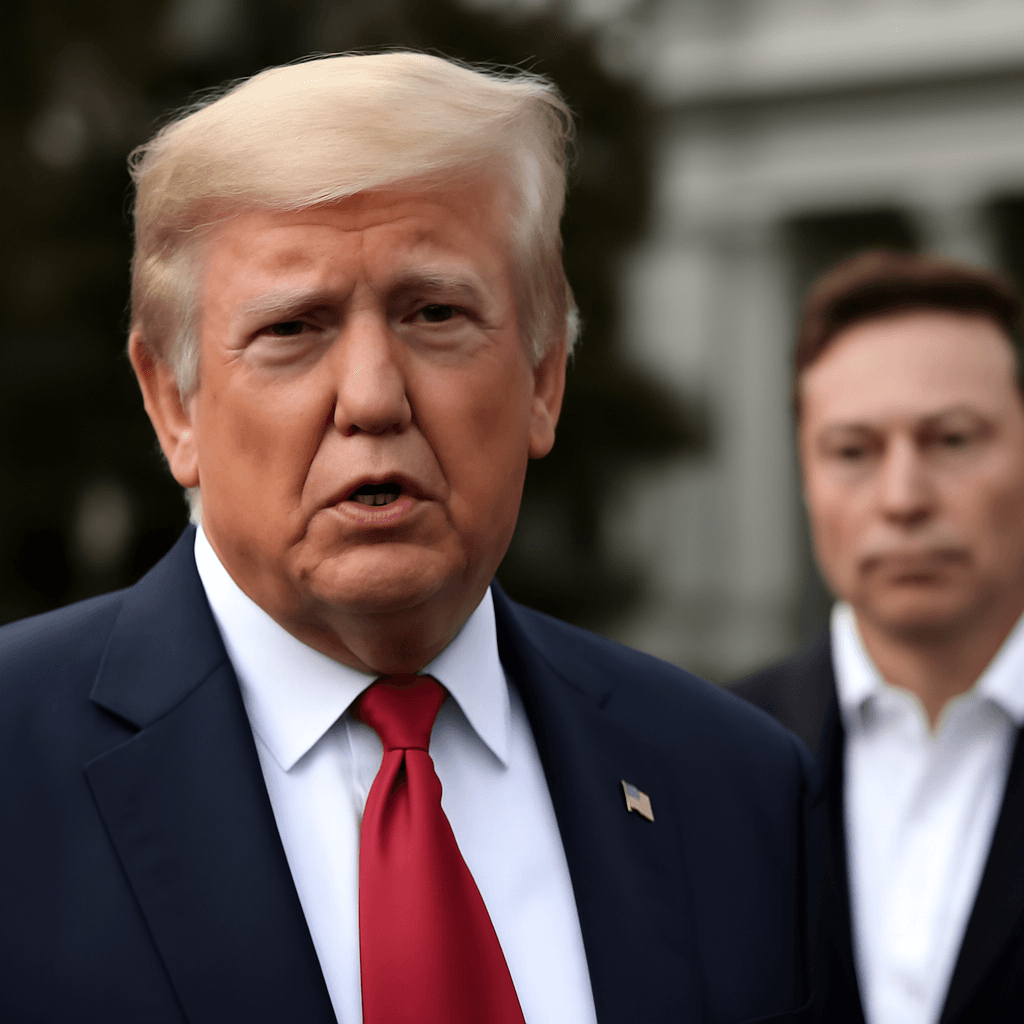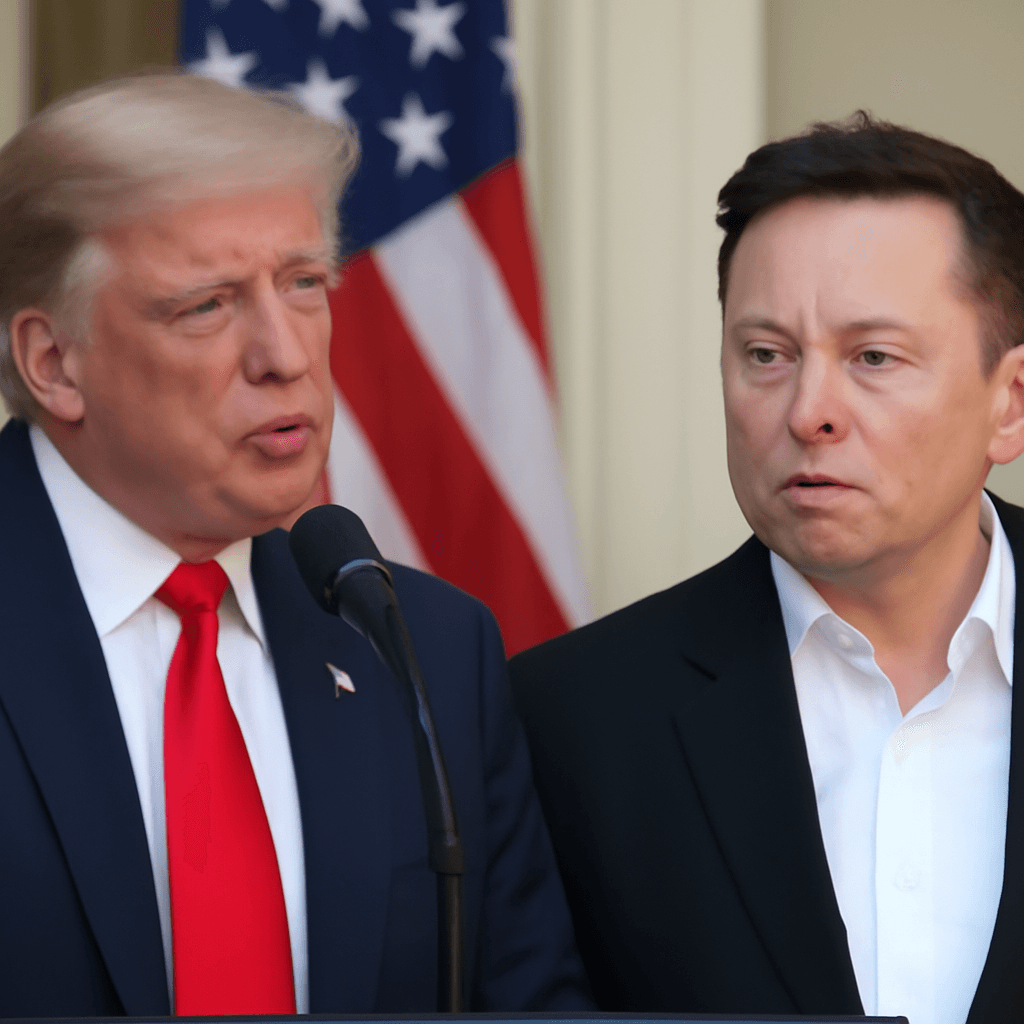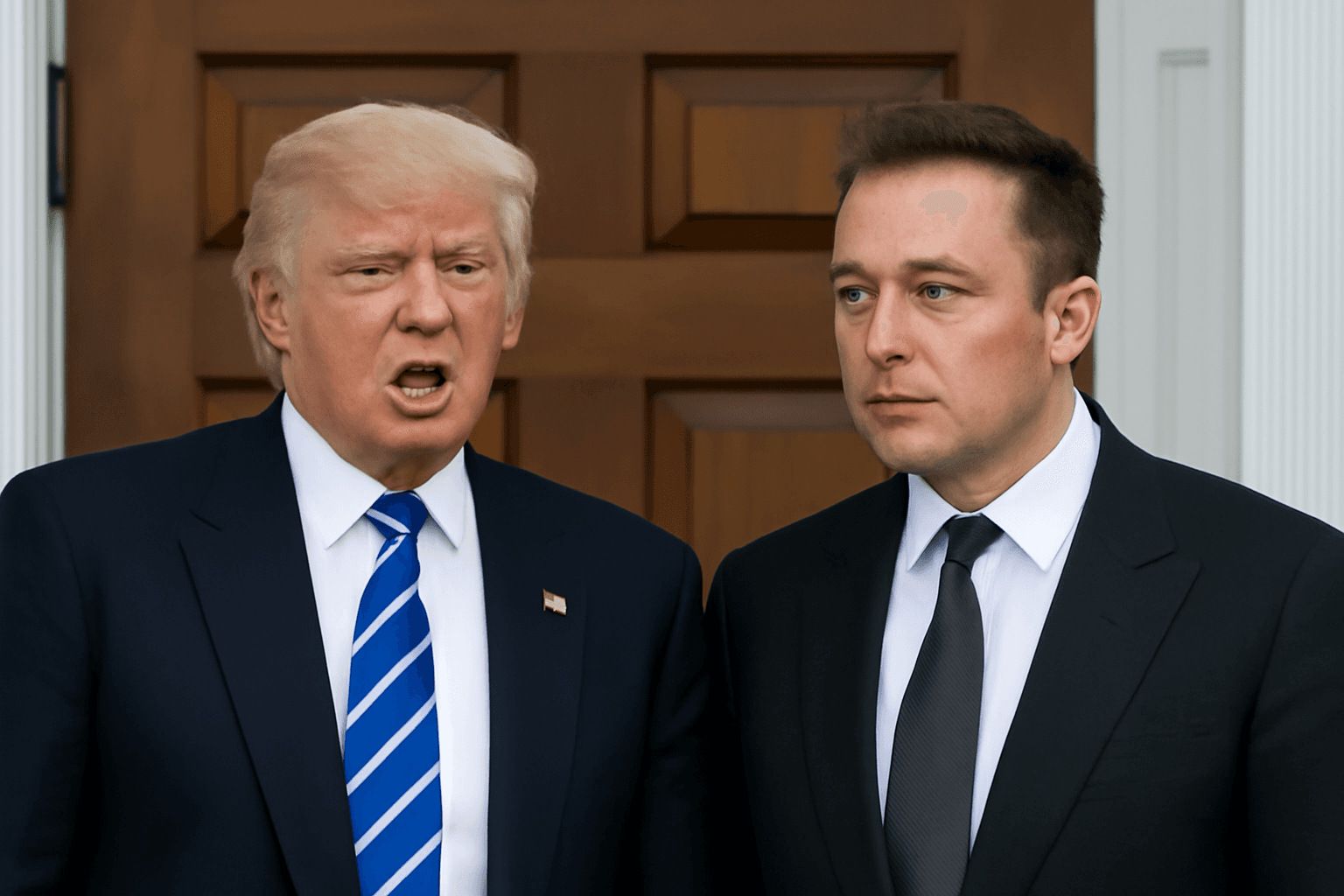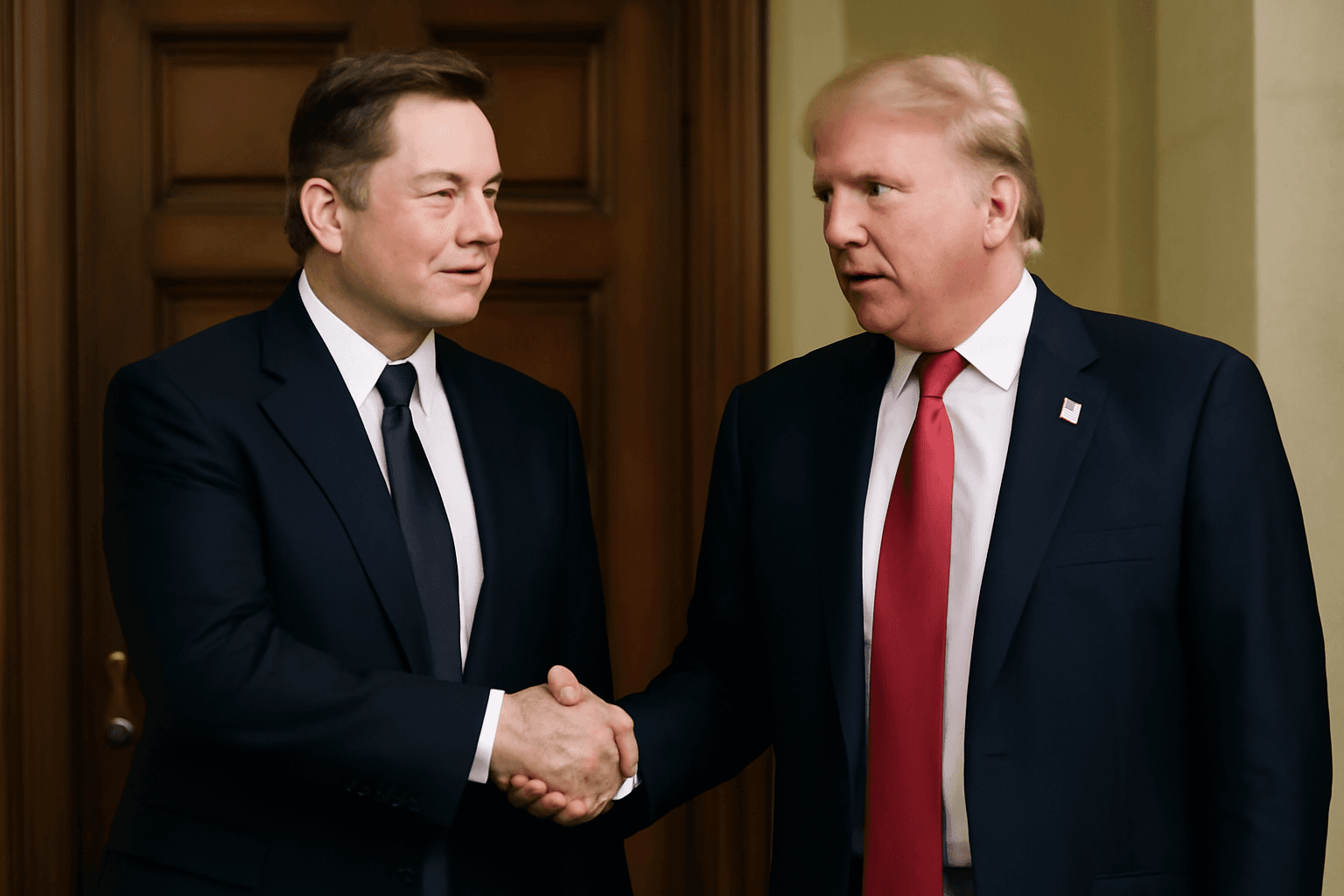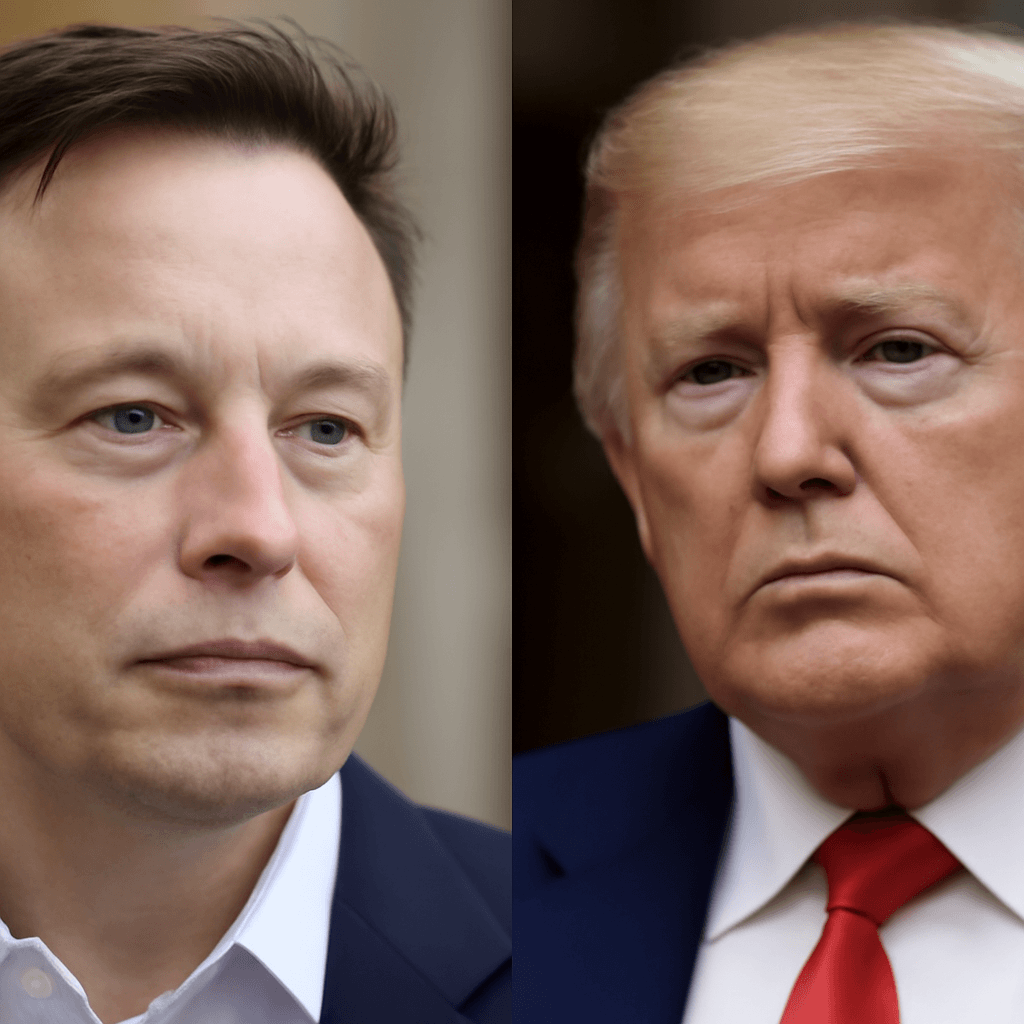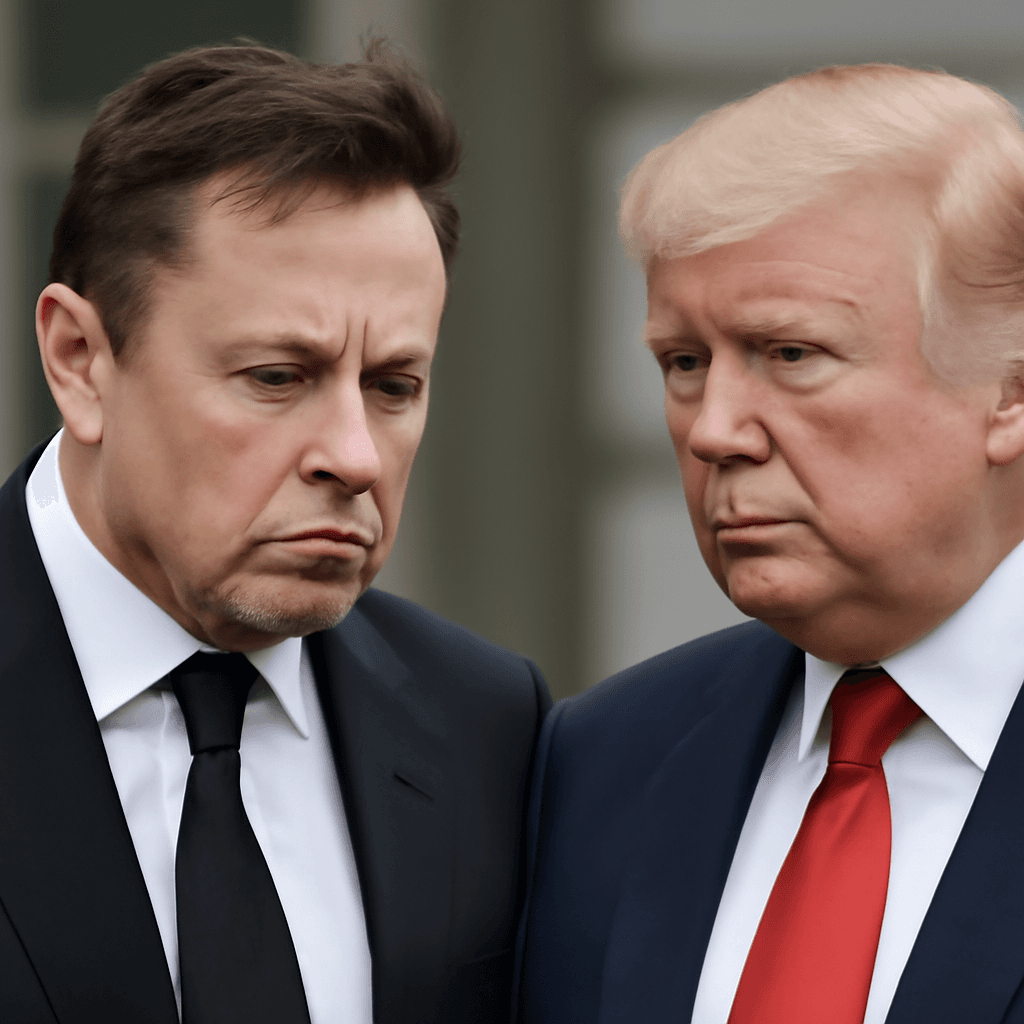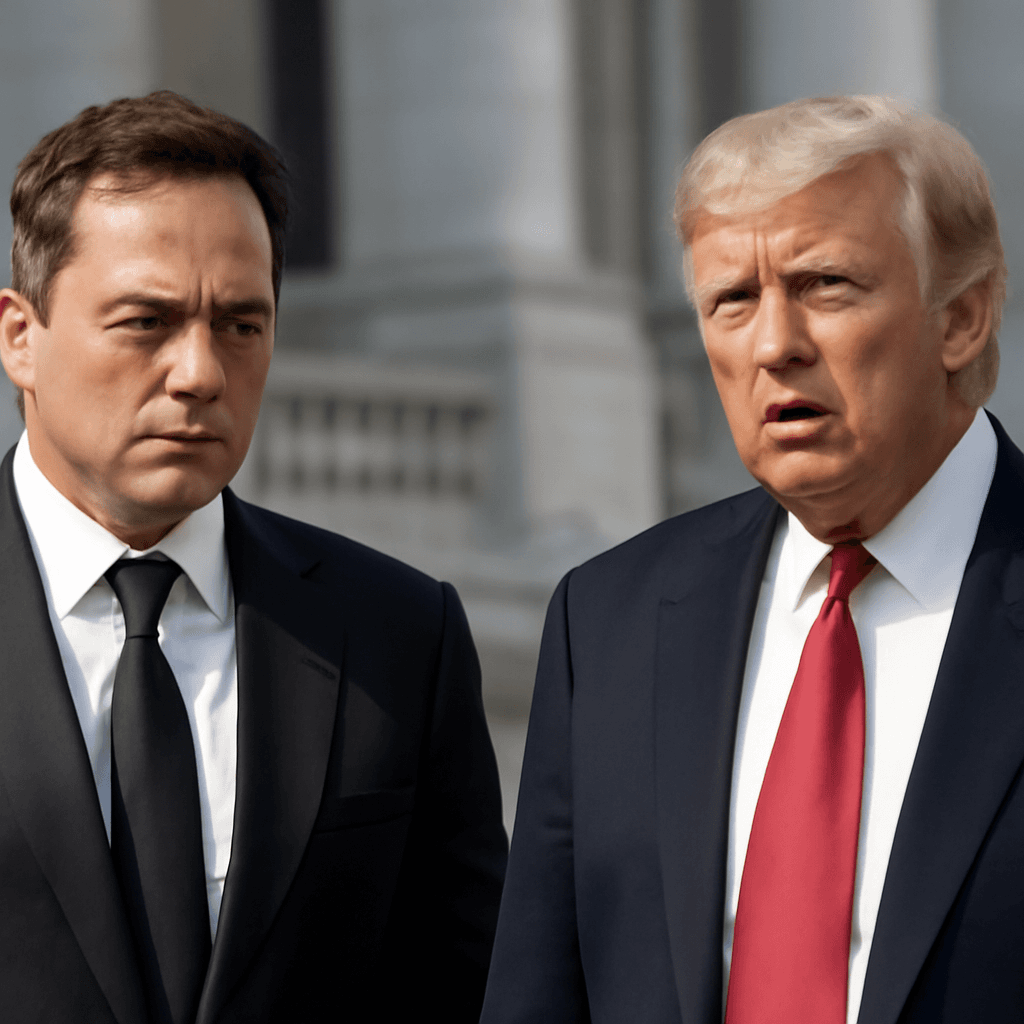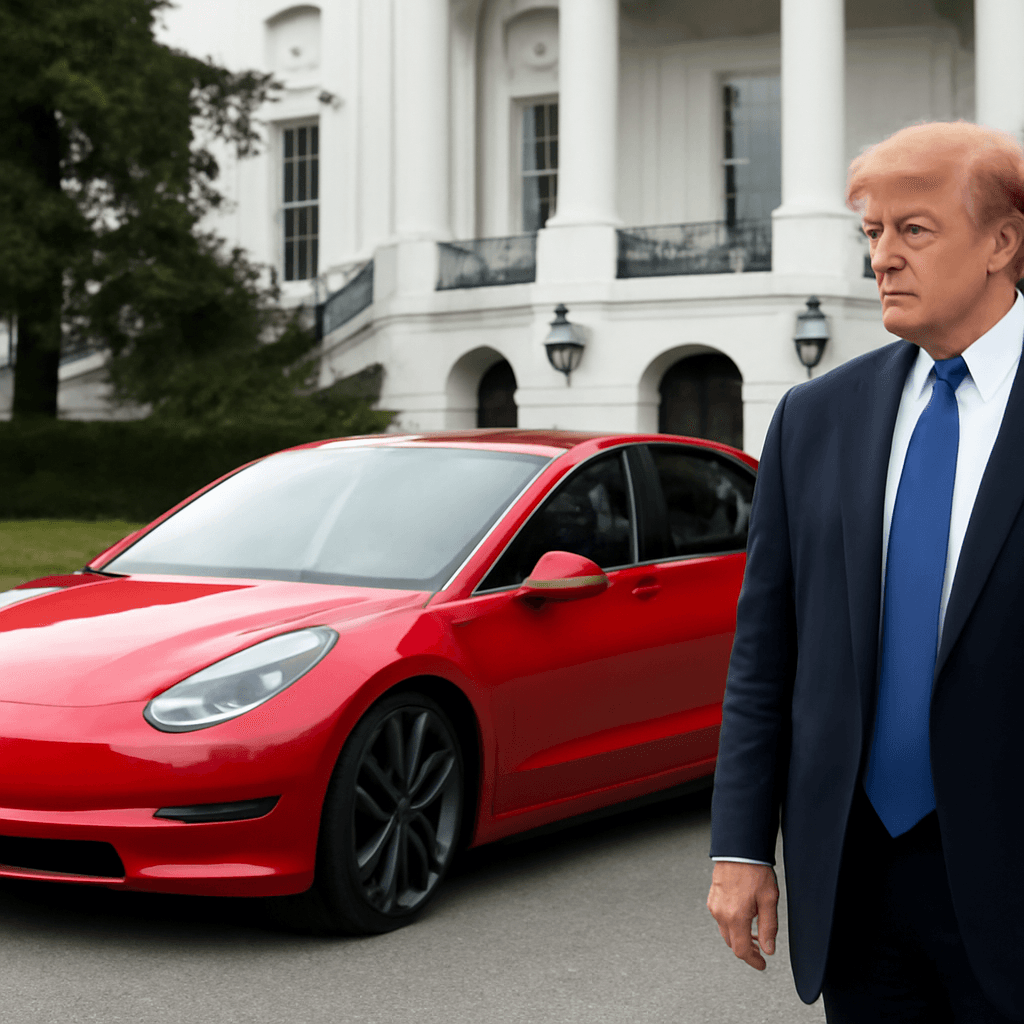Introduction to the Trump-Musk Conflict
A publicly escalating feud between former President Donald Trump and entrepreneur Elon Musk has disrupted political and financial landscapes. Musk's vocal opposition to Trump's "One Big Beautiful Bill" threatens its legislative progress, while Trump has hinted at possible cancellation of government contracts with Musk's ventures, including SpaceX and Tesla. The confrontation presents significant risks for both influential figures.
The Political Battle Over the "One Big Beautiful Bill"
Donald Trump's proposed "One Big Beautiful Bill" integrates key elements of his legislative agenda, combining tax cuts, enhanced border security, and cuts to Medicaid and food aid programs. Although narrowly passing the House, the bill faces obstacles in the Senate, compounded by criticism from Elon Musk and fiscally conservative Republicans concerned about the bill’s projected $2.5 trillion federal deficit increase.
Trump’s Challenges
- The bill passed the House by a slim margin of 215–214 votes.
- House Freedom Caucus members question the bill’s impact on the national deficit.
- Trump risks losing crucial Republican support if Musk-backed opposition grows.
Musk’s Influence
- Musk condemned the bill as a “disgusting abomination,” warning of electoral consequences for its supporters.
- He has historically contributed over $250 million to Trump’s reelection efforts but now threatens to withhold financial support or back primary challengers against bill proponents.
- Only a few House Republicans, such as Reps. Thomas Massie, Warren Davidson, and David Schweikert, publicly side with Musk’s fiscal concerns.
The discord has heightened internal GOP tensions and threatens the bill’s passage. Musk’s expansive social media influence, particularly on platform X, could sway midterm elections in 2026. Additionally, Musk has proposed launching a new political party, signaling potential disruption in conventional conservative politics.
Financial and Regulatory Risks for Elon Musk
Elon Musk faces considerable stakes related to his enterprises, especially SpaceX and Tesla, which hold numerous government contracts and need favorable regulatory environments to fulfill ambitious growth plans.
SpaceX’s Government Partnerships
- SpaceX maintains strategic contracts with NASA, the Pentagon, and intelligence agencies.
- NASA has allocated nearly $10 billion for SpaceX projects including space-station missions, lunar exploration, and Starship development.
- SpaceX supports critical defense operations like military satellite launches and provides the Starlink network to Ukraine.
- Recent contracts include a $5.9 billion deal for national-security payload delivery and a classified $1.8 billion satellite surveillance partnership.
Despite these ties, political uncertainty looms. SpaceX currently lacks allies within Trump’s political faction, which may complicate future contract negotiations if Trump regains power.
Tesla’s Regulatory and Market Challenges
- Tesla depends on federal regulatory changes to enable nationwide autonomous vehicle deployment, as current laws vary by state.
- Regulatory hurdles hamper Tesla’s advancement in self-driving technology and robotics ambitions.
- Tesla’s US and European vehicle sales have recently declined, coinciding with Musk’s strained relationship with Trump.
- The removal of California’s authority to set independent emission standards weakens incentives for electric vehicle investments nationwide.
- Tesla generates considerable revenue through selling regulatory credits, a model threatened by changing federal policies.
The recent discord between Musk and Trump contributed to a 14% fall in Tesla’s stock price, erasing approximately $150 billion in market capitalization.
Conclusion
The escalating confrontation between Donald Trump and Elon Musk presents significant ramifications in the political and business arenas. Trump risks legislative failure and intra-party instability, while Musk faces jeopardized government contracts and regulatory support vital for his companies’ growth. Their feud underscores the intersection of politics, finance, and innovation, highlighting how personal disputes can influence broader national agendas and markets.

